UMEÅ UNIVERSITY
UMEÅ SCHOOL OF ARCHITECTURE
UMEÅ SCHOOL OF ARCHITECTURE
STUDIO 12
FROM PLANETARY TO MOLECULAR:
REGENERATIVE ECO.INFRASTRUCTURES
& NEW CULTURAL GROUNDS
FROM PLANETARY TO MOLECULAR:
REGENERATIVE ECO.INFRASTRUCTURES
& NEW CULTURAL GROUNDS
Victor Lindquist
Man-made Geographies (2022-2023)
Regenerative Eco.Infrastructures & New Cultural Grounds (2021-2022)
Tectonic Performance(2020-2021)
Performative Landscapes (2019-2020)
Tectonic Landscapes (2018-2019)
Social Landscapes (2017-2018)
Regenerative Eco.Infrastructures & New Cultural Grounds (2021-2022)
Tectonic Performance(2020-2021)
Performative Landscapes (2019-2020)
Tectonic Landscapes (2018-2019)
Social Landscapes (2017-2018)
Studio12: Regenerative Eco.Infrastructures & New Cultural Grounds
MA Programme, Umeå School of Architecture, Umeå University.
Studio Responsible: Alejandro Haiek
Tutors: Carl-Johan Vesterlund, Raquel Colacios
Guest tutors: Tomas Mena, Alejandra Diaz, Luis Pimentel, Aditya Mandlik
Invited Guests: Xenia Adjoubei, Rocio Pina (Enorme), Ana Cocho (Anglia Ruskin University), Henriette Waal (Atelier Luma).
Technical assistance: Håkan Hansson, Kent Brodin, Sven- Erik Hilberer
Research support: Ambra Trotto Digital Ethics initiative and Jeroen Peeters, RISE Senior Design Researcher / Research Institute of Sweden
Physical Literacy advisors: Katrine Jonsson, Head of Department of Informatics and Helena Tobiasson, Mälardalens Högskola, for the Pedagogical Workshops run by Studio 12 Alumni Karina Gataullina, Rebecca Rudolph and Kasimir Suter at Mötesplats Stöcke.
UMA4: Lore Bergers, Jesper Björkbom, Marta Caponi, Tyler Amara Rosetta Ebanja, Suné Fitzell, Anne-Lien Maekelberfh, Milca Mayita Kassongo, Carl Kjellin, Linna Liljeström, Ellen Moisio, Filippos Moustakas, Marisa Romagnoli, Max Sandström, Olivia Streng, Jacobus Frederick Visser, Deniss Zeilew.
UMA5: Emelie Aktanius, Azad Ashari, Carl Blix, Vide Edenor, Kenneth Eriksson, Hanin Farhan, Ida Grönqvist, Malin Gyll, Jyrki Huuskonen, Samuel Höljman, Sofia Klingesten, Linda Lindkvist, Rebecca Lindkvist, Viktor Lindström, Linnea Lundmark, Arvid Matton, Hana Osman, Simratpreet Singh, Emelie Wendelstig.
Tutors: Carl-Johan Vesterlund, Raquel Colacios
Guest tutors: Tomas Mena, Alejandra Diaz, Luis Pimentel, Aditya Mandlik
Invited Guests: Xenia Adjoubei, Rocio Pina (Enorme), Ana Cocho (Anglia Ruskin University), Henriette Waal (Atelier Luma).
Technical assistance: Håkan Hansson, Kent Brodin, Sven- Erik Hilberer
Research support: Ambra Trotto Digital Ethics initiative and Jeroen Peeters, RISE Senior Design Researcher / Research Institute of Sweden
Physical Literacy advisors: Katrine Jonsson, Head of Department of Informatics and Helena Tobiasson, Mälardalens Högskola, for the Pedagogical Workshops run by Studio 12 Alumni Karina Gataullina, Rebecca Rudolph and Kasimir Suter at Mötesplats Stöcke.
UMA4: Lore Bergers, Jesper Björkbom, Marta Caponi, Tyler Amara Rosetta Ebanja, Suné Fitzell, Anne-Lien Maekelberfh, Milca Mayita Kassongo, Carl Kjellin, Linna Liljeström, Ellen Moisio, Filippos Moustakas, Marisa Romagnoli, Max Sandström, Olivia Streng, Jacobus Frederick Visser, Deniss Zeilew.
UMA5: Emelie Aktanius, Azad Ashari, Carl Blix, Vide Edenor, Kenneth Eriksson, Hanin Farhan, Ida Grönqvist, Malin Gyll, Jyrki Huuskonen, Samuel Höljman, Sofia Klingesten, Linda Lindkvist, Rebecca Lindkvist, Viktor Lindström, Linnea Lundmark, Arvid Matton, Hana Osman, Simratpreet Singh, Emelie Wendelstig.
Geopolitical, social, and environmental concerns was the context of our exploration during the year, where we tested infrastructures for engagement able to host life of humans and non-human species. The studio operated as a support for advocacy projects focusing on social and environmental re-engineering starting by analyzing pattern geographies: territories, ecologies, industries and regional inhabitation. The Students addressed how architecture and spatial design inform through performative agencies from the molecular to the planetary scale. Students generated architectural and territorial design proposals, developing supportive infrastructures and regional visions. Studio 12 stands on a strong technical agenda. Studio 12 explores fields of transdisciplinary research, addressing art, design and engineering. Combining building science and artistic processes, the studio becomes a platform of pedagogical tools, supporting the student to learn by making, design by testing and explore by research.
The building systems produced in Studio 12 compile an atlas of tools and craftsmanship, creating a valuable collective document of cultural heritage preservation, environmental impact and socially sustainable principles. The discussion about the timing of architecture is honest: from fast assembly to infrastructures of legacy. The research projects get deep into how buildings age, dismantle or disappear, age, pass away and degrade, proposing methods for dismantling and transforming its components for new uses.
The fascination for structures of fast assemblage is as potent as for infrastructures of legacy.The project in the Fall term concentrated on temporal devices of engagement, exploring flexible components, fast assembly logics and the underlying mechanics of materiality. In the Spring term these explorations developed into complex living systems, leading to new socio-ecological
models of inhabitation. The complementary agendas provided a wider understanding of available human and environmental resources and technological possibilities.
Victor Lindquist
Studio Agenda
Geopolitical, social, and environmental concerns was the context of our exploration during the year, where we tested infrastructures for engagement able to host life of humans and non-human species. The studio operated as a support for advocacy projects focusing on social and environmental reengineering. The studio started by analysing pattern geographies: territories, ecologies, industries and regional inhabitation, addressing how they can be affected by architecture and spatial design from the molecular to the planetary scale. Students generated architectural and territorial design proposals, developing supportive infrastructures and regional visions. Studio 12 stands on a strong technical agenda. The project in the Fall term concentrated on temporal devices of engagement, exploring flexible components, fast assembly logics and the underlying mechanics of materiality. In the Spring term these explorations developed into complex living systems, leading to new socio-ecological models of inhabitation. The complementary agendas provided a wider understanding of available human and environmental resources and technological possibilities.
Geopolitical, social, and environmental concerns was the context of our exploration during the year, where we tested infrastructures for engagement able to host life of humans and non-human species. The studio operated as a support for advocacy projects focusing on social and environmental reengineering. The studio started by analysing pattern geographies: territories, ecologies, industries and regional inhabitation, addressing how they can be affected by architecture and spatial design from the molecular to the planetary scale. Students generated architectural and territorial design proposals, developing supportive infrastructures and regional visions. Studio 12 stands on a strong technical agenda. The project in the Fall term concentrated on temporal devices of engagement, exploring flexible components, fast assembly logics and the underlying mechanics of materiality. In the Spring term these explorations developed into complex living systems, leading to new socio-ecological models of inhabitation. The complementary agendas provided a wider understanding of available human and environmental resources and technological possibilities.
Studio Methodology
The studio implemented a methodology of learning by making, thereby integrating new knowledge into a practicable design proposal. The studio developed preparatory technical and professional research and studies through experimentation and testing. The Studio operated as a research platform combining digital and analogical design methods, using open-source technologies and traditional building techniques.
The studio unfolded a comprehensive number of physical models, mock-ups, and prototypes, building a library of experiments able to lead the research progressively to a fully resolved design.
Through a continuous dialogue between artistic production and technical expertise the projects expanded in a holistic comprehension of the science and craft of building.
Shepherds as guardians of traditions. Rebecca Lundquist.
Linna Liljeström
xxx
Studio 12: Performative Tectonics
2022 Presentation
TECTONIC EXPLORATION
MATERIAL EXPLORATION
xxx

xxx
xxx

xxx
back to intro
tutors
- Alejandro Haiekfounder & studio leader
- Raquel Colaciosstudio tutor
- Carl-Johan Vesterlundstudio tutor
- Alejandra Diazguest tutor
- Tomas Menaguest tutor
- Luis Pimentelguest tutor
- Aditya Mandlikguest tutor
contact
- Alejandro Haiek CollMSc Architect // PhD. Candidate at Universitá di Genova.
Affiliate researcher at RISE - Research institute of Sweden.
Lecturer at Umeå School of Architecture, Umeå University
SE-90187 Umeå, Sweden
+46 73 380 39 26
alejandro.haiek@umu.se
www.labprofab.org
